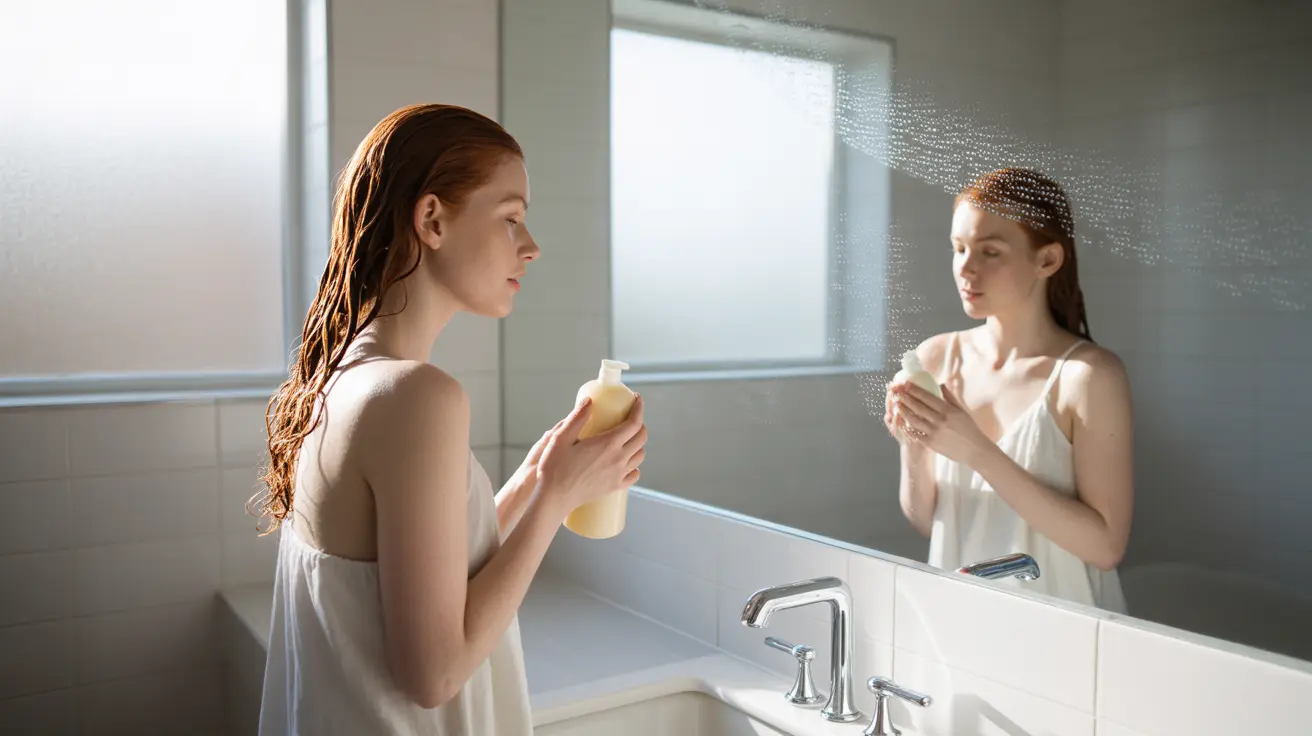If you've ever wondered "why do I moan in my sleep" or been told by a partner that you make unusual sounds while sleeping, you might be experiencing a condition called catathrenia. This sleep-related phenomenon involves making groaning, moaning, or humming sounds during sleep, typically during the exhale phase of breathing. While these nocturnal vocalizations can be concerning for both the person experiencing them and their bed partners, understanding the condition is the first step toward managing it effectively.
What Is Catathrenia and Why Does It Occur?
Catathrenia is classified as a parasomnia, which is a category of sleep disorders involving unwanted events or experiences during sleep. Unlike snoring, which occurs during inhalation, catathrenia involves prolonged groaning or moaning sounds during exhalation. The condition typically occurs during REM sleep, though it can happen in other sleep stages as well.
The exact cause of sleep moaning isn't fully understood, but several factors may contribute to its occurrence:
- Anxiety and stress
- Upper airway resistance
- Genetic predisposition
- Anatomical factors affecting breathing during sleep
- Neurological factors
Recognizing the Signs and Symptoms
The primary characteristic of catathrenia is the distinctive moaning sound during sleep, but there are several other important signs to be aware of:
Common Symptoms
- Long, drawn-out groaning or moaning sounds
- Sounds occurring primarily during exhalation
- Normal breathing pattern during inhalation
- Episodes typically lasting from a few seconds to several minutes
- More frequent occurrence during REM sleep
Associated Features
While the moaning itself doesn't typically disturb the person's sleep, some individuals may experience:
- Morning throat soreness
- Dry mouth upon waking
- Mild daytime fatigue
- Embarrassment or social anxiety about the condition
Diagnosis and Distinguishing Features
Proper diagnosis of catathrenia typically requires a sleep study (polysomnography) conducted at a sleep center. This helps differentiate it from other sleep-related conditions such as:
Different from Sleep Apnea
Unlike sleep apnea, catathrenia:
- Doesn't involve breathing interruptions
- Occurs during exhalation rather than inhalation
- Doesn't typically cause significant oxygen desaturation
Different from Snoring
Key distinctions from snoring include:
- Sound occurs during exhale rather than inhale
- Produces a different type of sound (moaning vs. rattling)
- Often has a more musical or groaning quality
Treatment Options and Management Strategies
Several approaches may help manage catathrenia and reduce its impact:
Medical Interventions
- CPAP therapy in some cases
- Dental devices or mouth guards
- Treatment of underlying anxiety or stress
- Evaluation for possible anatomical contributors
Lifestyle Modifications
- Maintaining good sleep hygiene
- Stress reduction techniques
- Regular exercise (but not too close to bedtime)
- Avoiding alcohol and sedatives before sleep
Frequently Asked Questions
Why do I moan in my sleep and what causes catathrenia?
Sleep moaning or catathrenia occurs due to various factors including upper airway resistance, stress, and possibly genetic predisposition. The exact cause isn't fully understood, but it involves making sounds during exhalation while sleeping, particularly during REM sleep.
What are the common symptoms and signs of catathrenia during sleep?
The main symptom is prolonged groaning or moaning sounds during sleep exhalation. Other signs include normal breathing during inhalation, episodes lasting from seconds to minutes, and possible morning throat soreness or dry mouth.
How is catathrenia diagnosed and how can it be distinguished from snoring or sleep apnea?
Catathrenia is diagnosed through a sleep study (polysomnography). It's distinguished from snoring and sleep apnea by its characteristic exhalation sounds, lack of breathing interruptions, and occurrence primarily during REM sleep.
What treatment options are available to reduce or manage moaning in sleep caused by catathrenia?
Treatment options include CPAP therapy, dental devices, stress management techniques, and addressing underlying anxiety. Lifestyle modifications such as improved sleep hygiene can also help manage symptoms.
Can catathrenia affect my sleep quality or cause daytime fatigue, and how can I minimize these effects?
While catathrenia typically doesn't significantly disrupt sleep quality, some people may experience mild daytime fatigue. Maintaining good sleep habits, managing stress, and following prescribed treatments can help minimize any potential effects on daily functioning.




